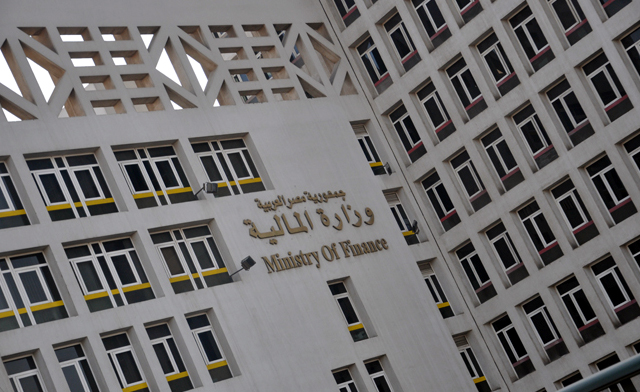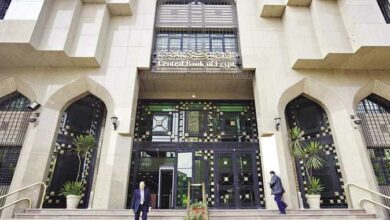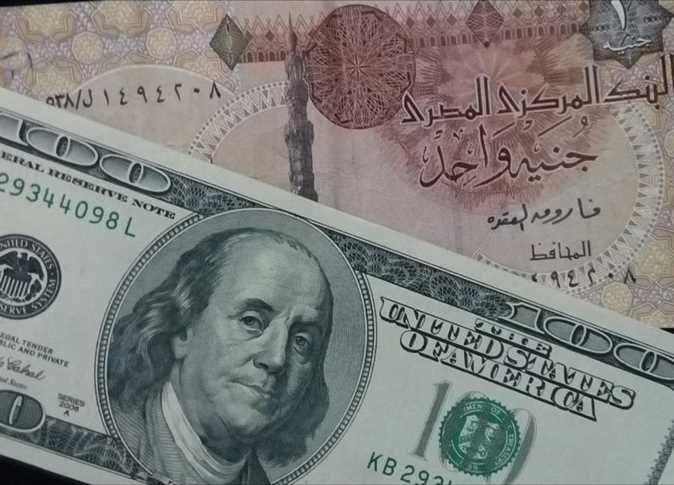
Yields on Egyptian treasury bonds were little changed at an auction on Monday, a result that confused the market after the country's two biggest state banks raised their interest rates on savings certificates two days ago.
Bankers had expected yields in government debt to rise after Bank Misr and the National Bank of Egypt issued saving certificates with a 12.5 percent interest rate, a big jump from the average 10 percent at Egyptian banks.
Some bankers interpreted the moves as an effort by the central bank to use the state banks to prepare the market for change in policy at its meeting on Dec. 17. They speculated a hike in official interest rates or a big devaluation might be coming.
"It could be a set-up for an imminent devaluation or could be a set up for a coming hike, but what is clear is that whatever comes, most likely it will be an aggressive move," one banker said.
The average yield on five-year bonds rose marginally in Monday's auction to 13.167 percent from 13.163 percent in the previous auction on Nov. 2. The yield on 10-year bonds edged up to 15.373 from 15.367 percent.
The central bank had offered LE3 billion worth of five-year bonds and LE2.25 billion worth of 10-year bonds and sold them all.
"When Banque Misr and NBE set the 12.5 percent interest rate, we expected the reaction would be for yields to rise at the auctions, but that's not what happened," one banker said.
A treasury bill auction for three-month and nine-month bills on Sunday also saw steady rates. Yields dipped marginally from the last auction on Nov. 1, to 11.218 percent in the three-month bill from 11.229 percent and to 11.618 percent in the nine-month bill from 11.624 percent.
Bankers told Reuters that private banks had raised their bids by at least 50 basis points in that auction, but the result showed a marginal decline in yields, indicating state banks had bid aggressively lower.
Some bankers said they refrained from bidding at Monday's T-bond auction and waited to see the results before deciding how to move in future auctions.
Egypt has been facing a currency crisis many economists say is caused by an overvalued pound. It allowed the pound to weaken gradually to 7.9301 pounds against the dollar in October, but the rate is still far from the black market rate, which was 8.50 pounds to the dollar on Sunday.
Pressure on the Egyptian pound has increased since strong U.S. economic data on Friday suggested the U.S. central bank might raise rates in December. Growing evidence that last week's crash of a Russian airliner in the Sinai was caused by a bomb may also undermine the currency, by cutting Egypt's tourism revenues.
Egypt kept interest rates stable for the sixth consecutive central bank meeting on Oct. 29. The overnight deposit rate is 8.75 percent and the overnight lending rate is at 9.75 percent. The meeting on Dec. 17 will be under the leadership of the new central bank governor, Tarek Amer.
The state news agency said on Sunday that Amer had met with Egypt's two state banks and the Minister of Industry and Trade and discussed the importance of coordination between the ministry and the banking sector, He said he was ready to adopt any initiative that aimed to improve growth in industry and exports.




